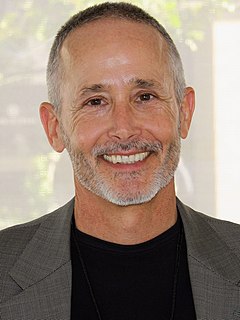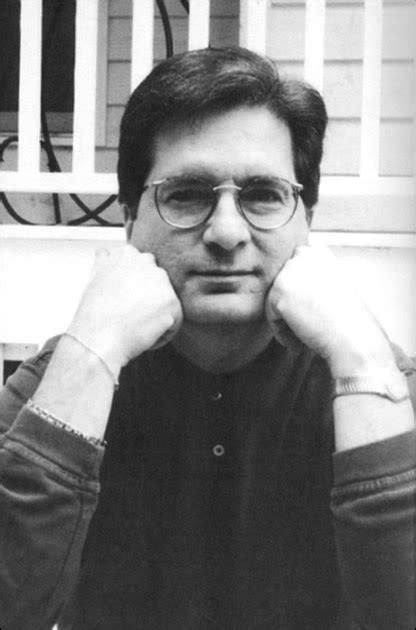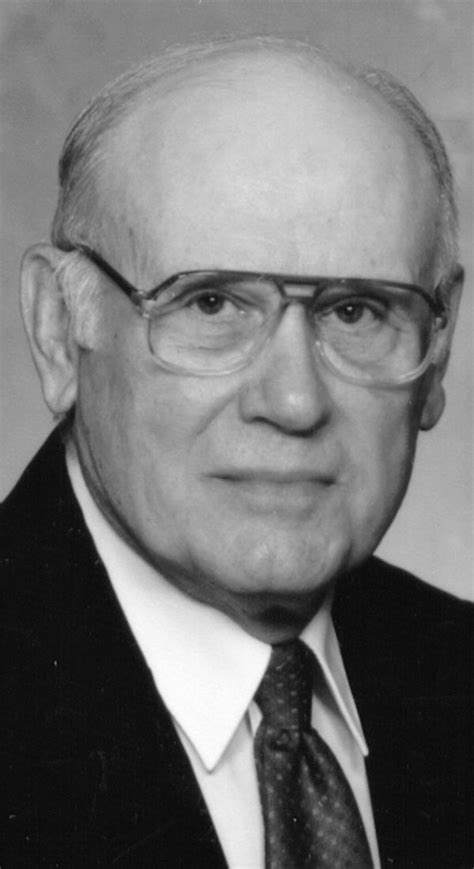A Quote by Orson Scott Card
We don't read novels to have an experience like life. Heck, we're living lives, complete with all the incompleteness. We turn to fiction to have an author assure us that it means something.
Related Quotes
Certain kinds of things that the novel used to do, which was, "Oh, I'm living out here in West Nowhere, Nebraska and I'm curious how the upper class in New York City lives, I guess I'll read a novel about it." We don't have to do that now. You just turn on the TV. Turn on Lifestyles Of The Rich And Famous. You can get that information anywhere. Novels don't have to do that anymore.
Fiction allows us to see the world from the point of view of someone else and there has been quite a lot of neurological research that shows reading novels is actually good for you. It embeds you in society and makes you think about other people. People are certainly better at all sorts of things if they can hold a novel in their heads. It is quite a skill, but if you can't do it then you're missing out on something in life. I think you can tell, when you meet someone, whether they read novels or not. There is some little hollowness if they don't.
Creativity is so delicate a flower that praise tends to make it bloom while discouragement often nips it at the bud. Creativity is now something we can turn on and off like a faucet. It is an experience and expression in our lives that must be nurtured. This nurturing process means that creativity is at once a skill, an art, and a life-style.
I'm a compulsive reader of fiction. I fell in love with novels when I was a teenager. My wife Marilyn and I... our initial friendship began because we are both readers. I've gone to sleep almost every night of my life after having read in a novel for 30 or 40 minutes. I'm a great reader of fiction and much less so of non-fiction.
Narco fiction novels have a reputation, at least here in Mexico among some of the writers I know, of being somewhat rushed productions, usually written in one way or another like crime thrillers, with something cheesily exploitative about them. It feels exploitive - taking this horrible and ongoing tragedy and trying to turn it into something entertaining. Or trying to turn it into something that might earn the writer a reputation of the sort that many writers believe they aspire to. Or earn them money.
This fact was something I also learned from this first novel that I needed personal experience to invent, to fantasize, to create fiction, but at the same time I needed some distance, some perspective on this experience in order to feel free enough to manipulate it and to transform it into fiction. If the experience is very close, I feel inhibited. I have never been able to write fiction about something that has happened to me recently. If the closeness of the real reality, of living reality, is to have a persuasive effect on my imagination, I need a distance, a distance in time and in space.





































